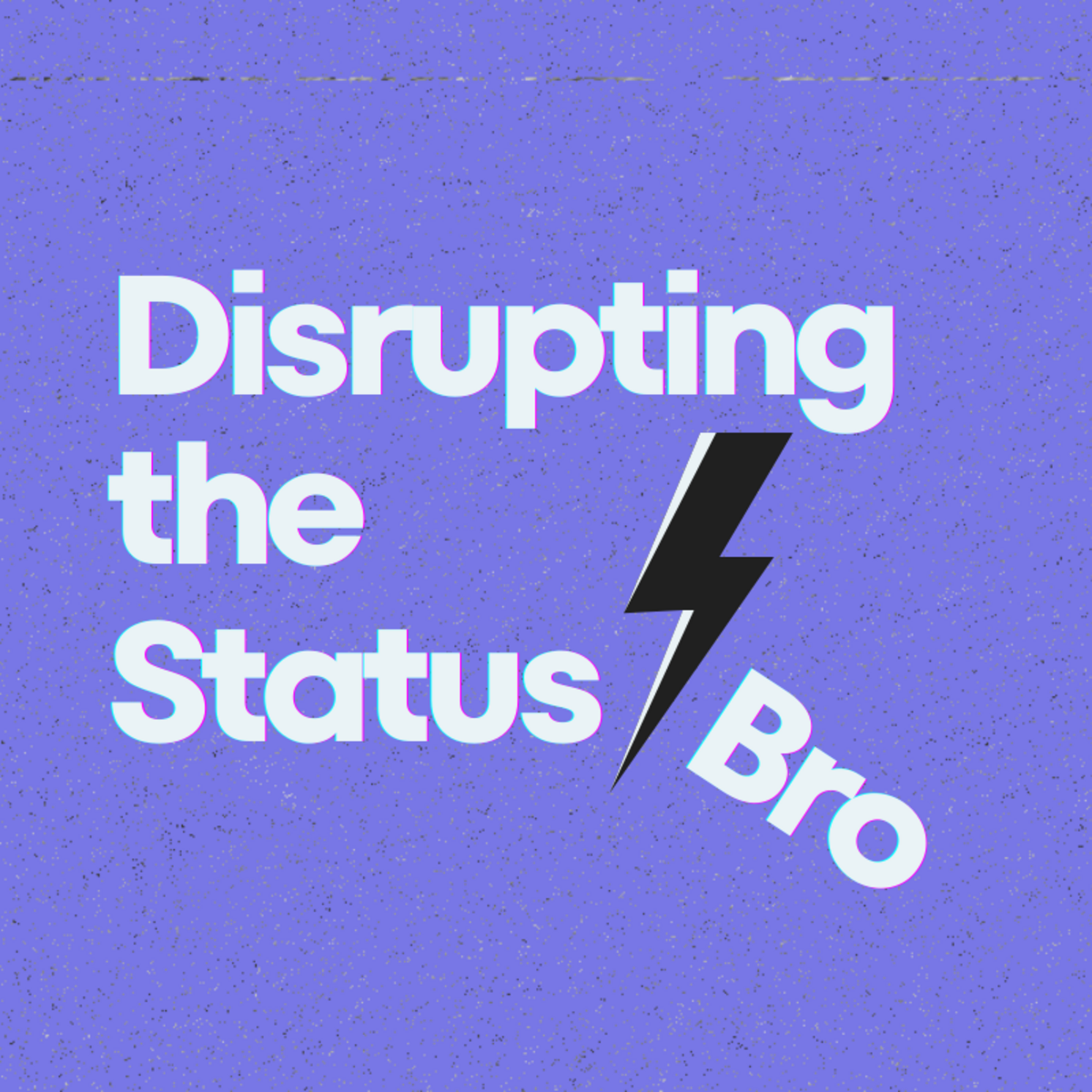
We live in a world obsessed with the right answer. The single perfect solution. A silver bullet for complex problems. I’m so often guilty of seeking perfection and not progress, attempting to win at problem-solving thanks to some tangled mix of ambition, pride and individualism.
During my time as a founder, I was surrounded with evidence that there could be another way. Immersing myself in different life journeys was my literal job. It was a community founded on the idea that looking at many possible pathways to success could help you identify and chart your own. It was a cool premise, but it opened up a whole new line of personal and professional inquiry for me: why do we glorify being right above all else, and what might we gain from shifting the focus from finding a singular correct answer to asking the right questions?
What might we gain from shifting the focus from finding a singular correct answer to asking the right questions?
I’m in my “Okay, but why?” era and loving it. I’ve learned that my curiosity is an advantage, and it’s also just how my brain works. I need context. I learn to understand. Other questions I ask on the daily across all areas of my life:
How does it work?
Could we do it differently?
How do we know this to be true/effective/equitable/valuable/real?
What do you really want here?
How is this connected to _________?
Asking questions isn’t a new practice for me, but now I ask them out loud instead of hedged in meeting speak, inside my head or into the search bar. My relationship with question asking shifted when I realized that trying to be right was a slow death of sorts. My creativity was suffocating. My collaborative spirit was stuffed into boxes to fit corporate and cultural structures instead of building on them (or taking them apart to build better ones). I wasn’t able to make the kind of change I wanted in the world. In the cases I could, it wasn’t as much or as fast or as lasting. It felt like a deadening, a dimming down of something for only the benefit of business as usual. I needed to turn the brightness back up.
Asking questions is essential to disrupting the status bro.
This is so much bigger than my personal journey. Asking questions is essential to disrupting the status bro. How can we enact change if we don’t understand the context, implications and our roles in the systems and circumstances of the broader world around us? We’re in the systems as much as we are of them. We cannot leave them entirely, though we can change our role and positions within them. That’s the trickiest, stickiest thing about the status bro — we’re tangled up in it just by existing.
That’s the trickiest, stickiest thing about the status bro — we’re tangled up in it just by existing.
Often times, the “right” answer upholds the systems that say our value only lies in how much we produce or consume. Asking questions is a way to pull at the threads of the status bro, regardless of where you are in your journey. It releases you from the pressures of finding the right answer, but it also creates space for more empathy. When we aren’t competing to be the one with the mythical one right answer, we can collaborate and converse to find the best answer for that particular circumstance — and challenge harmful or ineffective systems at the same time.

